Devops Course & Cloud Computing in Hyderabad, Bangalore, Pune & india(Online)
DevOps Fundamentals: Gain Solid Understanding
DevOps is the union of people, process, and products to enable the continuous delivery of value to end users. It aims to create a culture and environment where building, testing, and releasing software can happen rapidly, frequently, and more reliably, so you can innovate like a startup and scale for the enterprise. By taking this introductory DevOps course, you’ll be able to define DevOps, understand why you need DevOps, and learn how you can get started with DevOps. You’ll learn the key ideas and techniques to bring development and operations together to produce higher-quality software and deliver it more quickly.
2 Months
Duration
2500+
Course Enrollments
100%
Placement Assistance
EMI
Partner Banks
Learning Objectives
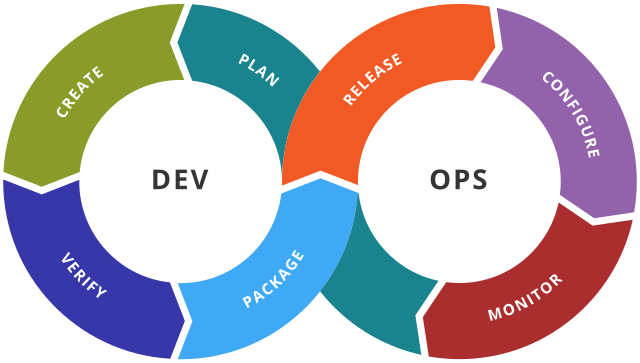
- Define DevOps and describe its value, history, and building blocks.
- Describe how to unify processes and improve collaboration between development and operations.
- Identify areas to consider when incorporating DevOps practice for continuous improvement.
- Explain the key concepts and benefits of Continuous Integration (CI), continuous testing, and continuous deployment.
- Identify tools and practices for implementing CI, testing, and continuous deployment.
- Explain the key concepts and benefits of Release Management, configuration management, and monitoring in DevOps.
- Identify tools and practices for implementing Release Management, configuration management, and monitoring.
Who this course is for:
- Anyone who wants to learn about DevOps
- Beginner, Intermediate, or Expert level developers
- Project Managers and Consultants
- Network professionals, engineers, and network analysts
- Quality Assurance Tester
Google Cloud Platform
The role of a Google Cloud Platform (GCP) administrator is of utmost importance in the management and maintenance of the infrastructure and services within the GCP ecosystem. These professionals are tasked with the responsibility of configuring, monitoring, and optimizing cloud resources to ensure the efficient operation of applications and services. The duties of GCP administrators include setting up virtual machines, managing data storage, and configuring networking components. Additionally, they are responsible for implementing security measures to safeguard data and resources, as well as troubleshooting issues to ensure high availability and reliability. The contribution of GCP administrators is indispensable in enabling businesses to leverage the full potential of Google’s cloud services for scalable and innovative solutions.

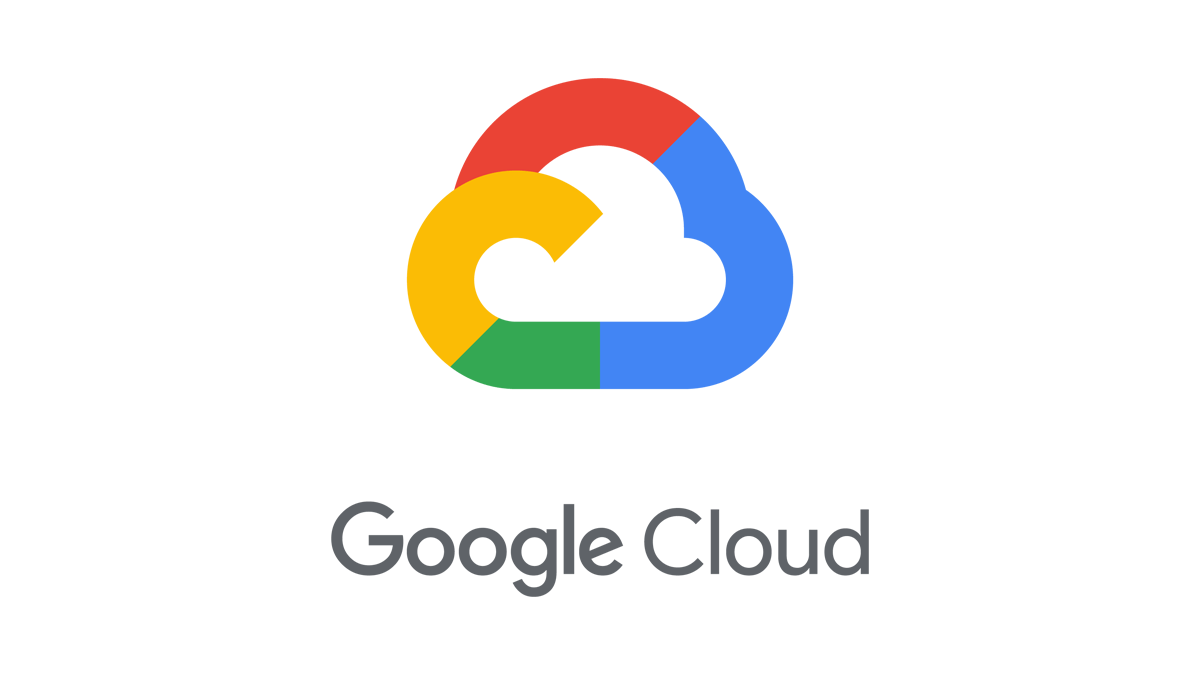
1.What is GCP?
GCP is a publicly accessible cloud provider that provides a comprehensive range of computing services, ranging from data management to the delivery of web and video content over the internet, as well as AI and machine learning tools. Clients have the option of accessing computer resources located in Google’s data centers worldwide at no cost or on a pay-per-use basis.
2.What are the advantages of GCP?
Benefits or advantages of Google Cloud Platform (GCP)
It has better pricing compared to its competitor cloud solutions. It offers cost effective solutions for various use cases. ➨It is very fast which increases performance of executing the project. ➨It offers live migration of applications.
3.Where is Google Cloud platform used?
Google Cloud Platform (GCP), offered by Google, is a suite of cloud computing services that runs on the same infrastructure that Google uses internally for its end-user products, such as Google Search, Gmail, Google Drive, and YouTube.
Amazon Web Services
AWS is designed to allow application providers, ISVs, and vendors to quickly and securely host your applications – whether an existing application or a new SaaS-based application. You can use the AWS Management Console or well-documented web services APIs to access AWS’s application hosting platform.
1.What is AWS in simple terms?
AWS (Amazon Web Services) is a comprehensive, evolving cloud computing platform provided by Amazon that includes a mixture of infrastructure-as-a-service (IaaS), platform-as-a-service (PaaS) and packaged-software-as-a-service (SaaS) offerings.
- Is cloud computing and AWS different?
cloud computing just means having on demand access to server resources over the internet. The basis of AWS cloud computing, but it contains a whole bunch of value added services designed by Amazon to make it easier to build software.
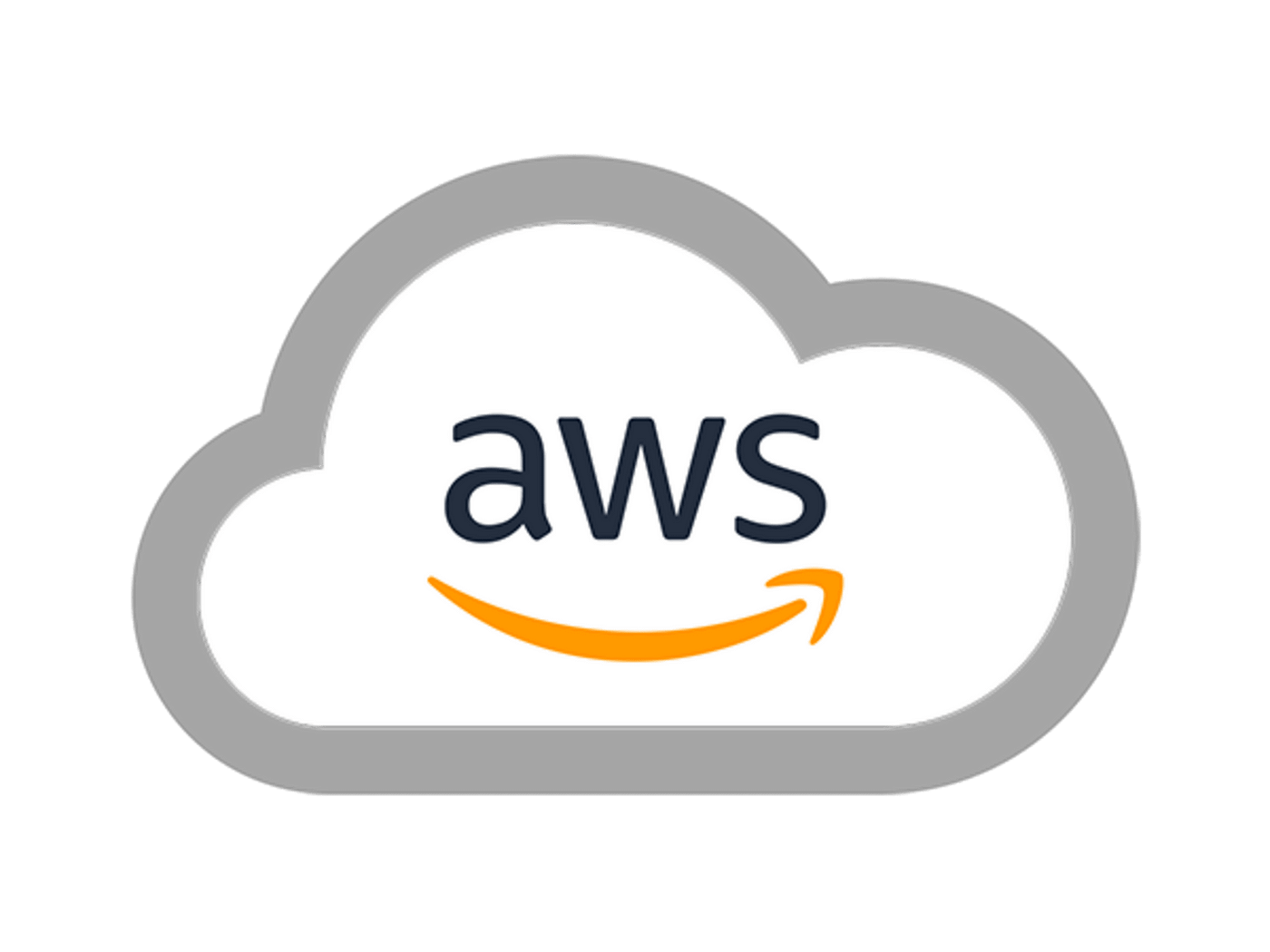
Microsoft Azure
Azure is the only consistent hybrid cloud, delivers unparalleled developer productivity, provides comprehensive, multilayered security, including the largest portfolio in industry
1.What is Azure and why it is used?
The Azure cloud platform is more than 200 products and cloud services designed to help you bring new solutions to life—to solve today’s challenges and create the future. Build, run, and manage applications across multiple clouds, on-premises, and at the edge, with the tools and frameworks of your choice.
2.Is Azure same as AWS?
No, Azure is a cloud platform introduced by Microsoft in 2010, whereas AWS is another cloud platform introduced by Amazon in 2006. While both the platforms have similar use cases and are prevalent in the Big Data community, their parent companies are not the same.
3.Why is it called Azure?
Azure – Lexicon Branding
Lexicon developed the name Azure, which signaled a new attitude for Microsoft and suggested the open-ended and flexible nature of the platform. Azure, the color of the sky, further generated appropriate and striking visual associations for a cloud-based platform.
4.Is Python used in Azure?
Azure provides three compute models for running applications: Web Apps feature in Azure App Service, Azure Virtual Machines, and Azure Cloud Services. All three models support Python. Cloud Services, which include web and worker roles, provide Platform as a Service (PaaS).21-Feb-2023
5.To whom is this Course Applicable?
The MS Azure program is suitable for individuals with programming, testing, and system administration experience. The course is relevant to the following groups: – Graduates in Engineering – IT professionals employed in programming, web development, and database administration – Business Analysts – System Administrators
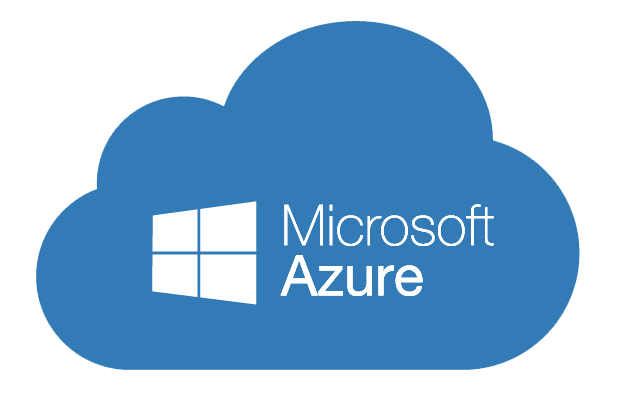
Key Highlights Of Course
Key Highlights of Course 100+ Hourse of Course
Student Mentorship
Capstone Projects
15+ Assignments
Backup Classes, Videos
100% Placements Assistance
EMI Option Available
Mock Interview
Interview Preparation
Resume Building After Every Module
Devops & Cloud Computing Course Curriculum
Devops & Cloud Computing Training Modes
We have Physical instructor led classes happening at Himayath Nagar , Ameerept & Hitech City Branches, Hyderabad.
We teach Courses online Using tools like zoom, Microsoft Teams.
How E-Learning Works?
We have recorded videos of the trainer . This videos were recorded while taking the class. We kept in mind that student should feel the classroom environment while training. we request you to take a trail session. if you are satisfied you can take up the course.
For trail session and more information you can contact dataminds sales team on +917995159109 or write us at info@dataminds.in
We offer special Training for Companies we first understand the company, its services and we will diagnose the present marketing practices and then we prepare a customized curriculum that suits to the needs of that particular company.
For Corporate training you can Reach our Sales Team at +918008884446 or you can also write to us at info@dataminds.in

Devops & Cloud Computing Live Projects
- Financial Performance Analysis: Create dashboards to monitor key financial metrics, analyze revenue trends, track expenses, and compare budget vs. actual performance.
- Risk Management: Visualize risk exposure, assess credit risk, and identify potential fraudulent activities through data analysis.
- Portfolio Management: Analyze investment portfolios, track asset performance, and provide interactive reports for clients.

- Patient Data Analytics: Analyze patient demographics, medical histories, and treatment outcomes to improve patient care and resource allocation.
- Healthcare Trends: Visualize disease prevalence, monitor outbreaks, and track healthcare utilization patterns to inform public health initiatives.
- Operational Efficiency: Optimize hospital operations by analyzing patient flow, staff schedules, and resource allocation for improved efficiency.

- Customer Usage Patterns: Analyze call data records, text messages, and data usage to identify customer behavior and preferences.
- Network Performance: Visualize network data to monitor call quality, signal strength, and data throughput, enabling proactive maintenance.
- Customer Experience: Create dashboards to track customer complaints, service outages, and response times for better service delivery.

- Sales and Inventory Analysis: Analyze sales data, track inventory levels, and monitor demand patterns for different vehicle models.
- Maintenance Tracking: Create dashboards to monitor vehicle maintenance schedules, identify recurring issues, and optimize maintenance processes.
- Supply Chain Management: Visualize the supply chain, track parts shipments, and monitor production processes to ensure efficient operations.

- Claims Analysis: Analyze insurance claims data to identify trends, patterns, and potential fraudulent activities for better risk management.
- Policyholder Insights: Create dashboards to track policyholder demographics, claims history, and coverage preferences for targeted marketing.
- Underwriting and Pricing: Utilize data analysis to assess risk factors and determine optimal insurance pricing based on various variables.

- Real Estate Market Trends: Analyze property sales data, rental rates, and market trends to inform real estate investment decisions.
- Tenant Management: Visualize tenant occupancy, lease terms, and maintenance requests to improve property management processes.
- Property Valuation: Utilize data analysis to estimate property values based on market conditions, location, and property features.

Get Course Completion Certificate
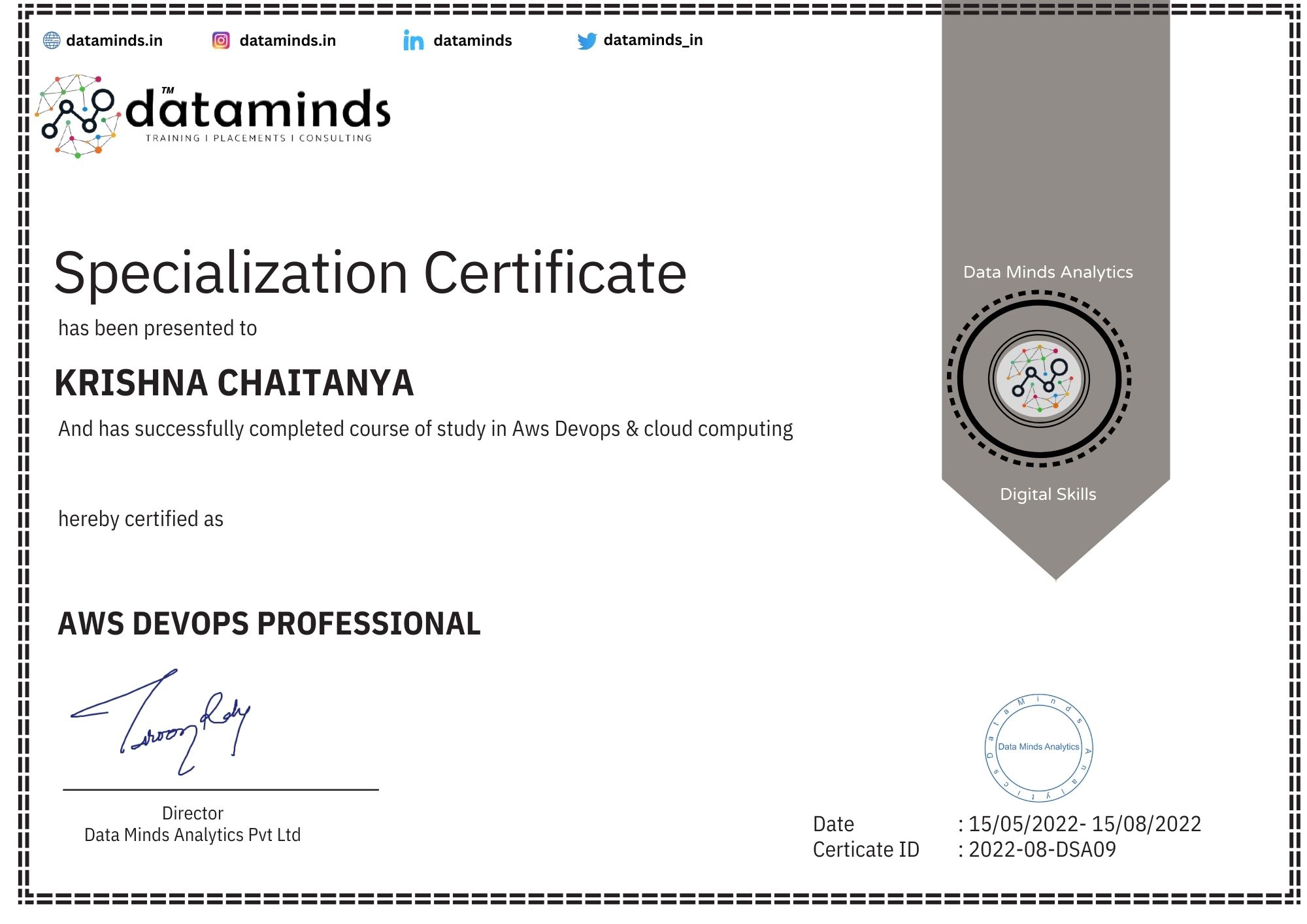
Our Alumni Testimonials
Rated Avg 4.8* Out Of 5 by 2000+ Learners


Devops & Cloud Computing Course Training Fee
Rs. 18,000/- | 2 Months
Data Minds Learning Plus
✓ Options to choose either Classroom, Online Or Self paced Learning
✓ 100+ Learning Hours
✓ World Class Learning Management System (Long Term – 1Year Access with Mentor facility)
✓ 10+ Projects
✓ 100% Placement Assistance
✓ Dedicated Placement Manager for Interview Process
✓ Access to the Instructor for doubts clarification during and after the course
✓ Connect to our Network with alumni ,working with different Industries
Our Students Hail From
Students, Working Professionals & Business Owners From Various Start Ups And MNC’s



















Admissions Support
Queries, Feedback & Assistance
